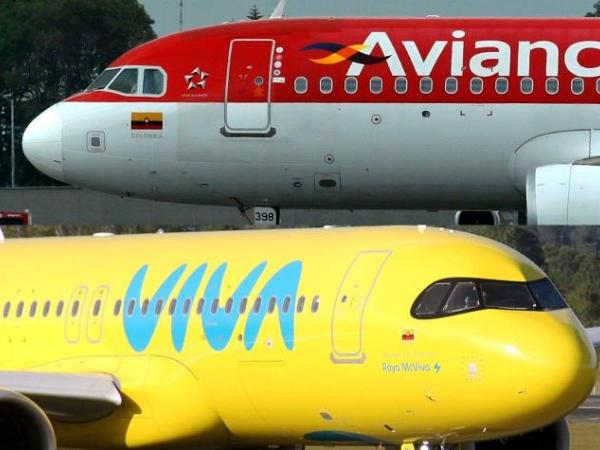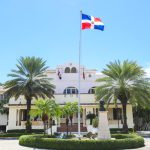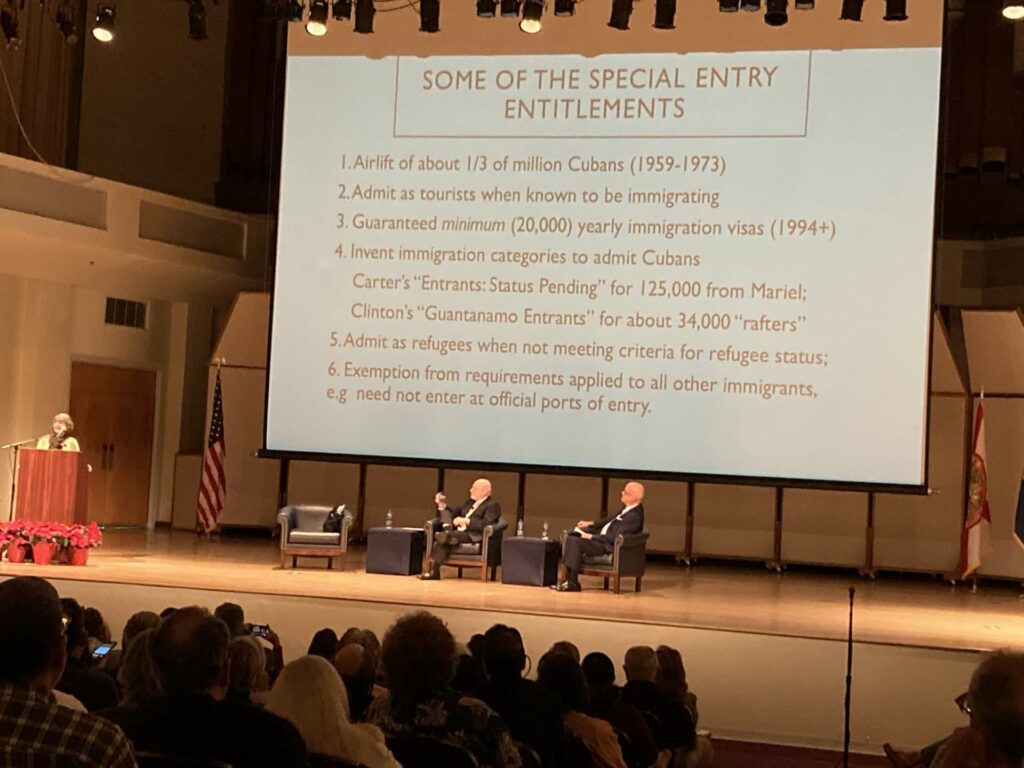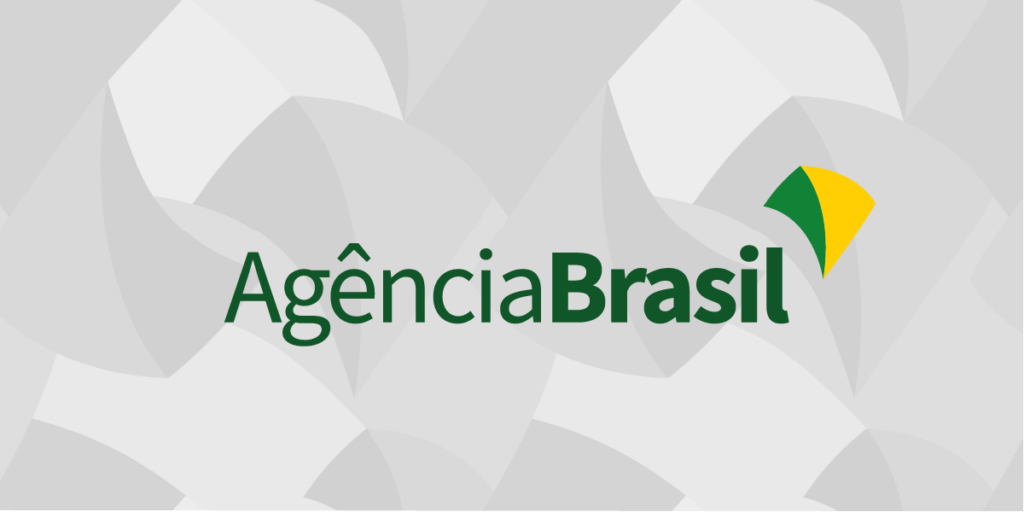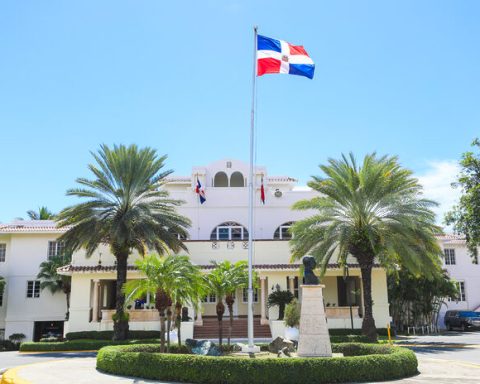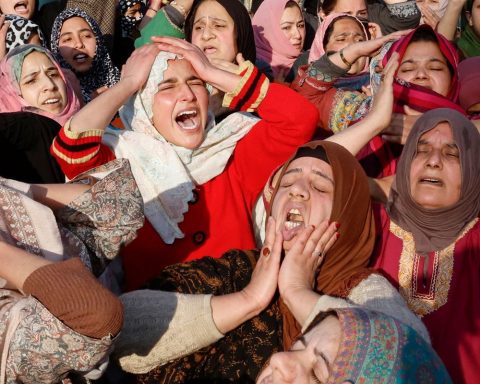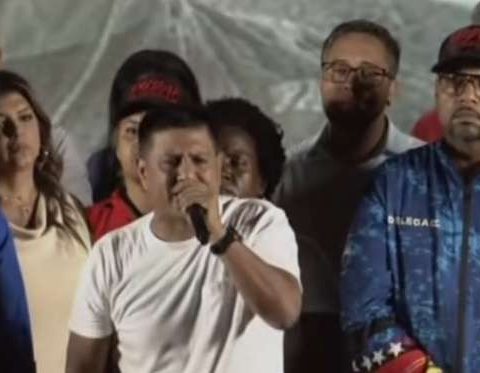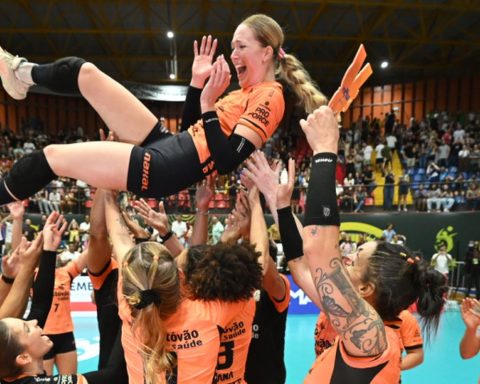The Superintendence of Industry and Commerce opened this Monday an investigation for the alleged materialization of the business integration of the airlines Avianca and Viva without authorization from Civil Aeronautics.
Among the basics of the statement of chargesthe control entity assured that the acquisition of economic rights of Viva by Investment Vehicle 1 Limited, which acts as the controller of Avianca “it would have been enough to constitute a business integration between the airlines”.
“However, the operation in question was not informed or authorized prior to its completion by the competent authority. Therefore, Avianca, Viva Air and Viva Peru allegedly engaged in restrictive practices against free competition.” says the Superindustry in a statement.
(See: Avianca and Viva Air, pointed out to concretize business integration).
Now it is from remember that this fact that happened in the month of Aprilwas emphasized through two complaints that entered the file, apparently by two airlines.
“Thus, on April 29, 2022, a business integration would have allegedly been configured before obtaining authorization from the competent authority,” indicates the Superindustry.
In addition, the superintendency formulated a charge sheet against Richard Galindo Sánchez in order to determine if you violated the provisions of article 68 of Law 2195 of 2022, “for allegedly having facilitated, collaborated, authorized, promoted, promoted, executed or tolerated the conduct accused of market agents”, indicates the control entity.
About the markings, Avianca assured that it maintains its operation with total independence and they are competitors with Viva as they have always done.
In addition, he considers that “within the little knowledge that it has of the case, that the arguments used by the SIC, promoted by other competing airlines, are wrong and imprecise both in substance and in form. Avianca has delivered to the public and to the respective authorities, all the information that it is obliged to present. At the time, in a timely manner, the legitimate request for integration with Viva a la Aerocivil was presented”he remarked through a Airline communication.
(See: Airlines reinforce their offer for the high season at the end of the year).
The company also said that its behavior is fully supported by law and regulations. applicable issued SIC to guarantee the separation of businesses, therefore, they are not incurring something that the regulations do not allow. “In which it is clearly indicated that the only relevant criterion for evaluating the independence of the parties is the absence of control and full independence”he stated.
Finally, The company pointed out that competing airlines have imposed the opening of this investigation in order to make the process more difficult. “for their own benefit and not for Colombians”, in order to remove Viva from the market.
(See: Airbus’ commitment to reduce carbon emissions).
In this regard, Viva has spoken on several occasions about her challenging situation. With cut to October The airline He assured this medium that due to his numbers he had to cancel 6 routes in which he operated, however that number grew to 16 in recent months. Regarding its fleet, the low cost had more than 40 aircraft for its operation this year, a number that was reduced to just 23 to operate 46 routes, which were 60 for September.
In addition, he assured that for some months the macroeconomic situation and due to its business model, it has been at a crossroads to keep prices low.
It is worth remembering that just 10 days after Avianca’s request for integration with Viva, William Shaw, CEO of Ultra Air, showed his dissatisfaction with the request in this mediumalleging that a “monopoly with 65% participation in the Colombian market” would be created, impacting the balance and harming users and that since then, they were already “enjoying their union”.
(See: Get ready: air tickets would go up in price by 2023, why?).
“Planes have already begun to pass, beginning to suspend routes, Viva has stopped operating the Armenian routes, someone is already taking scissors and cutting routes, supply and boosting the market and taking advantage of the monopoly without even asking for permission”Shaw said in an interview.
Despite this investigation, the integration process between airlines is currently in the hands of civil aeronautics, which on November 8 denied their joint work. However, those involved filed the appeal for replacement, adopting various measures such as giving up more slots (shifts) to its competitors to guarantee free competitionone of the arguments by the airline for the refusal. Now, the Civil Aeronautics must review the situation again.
If found responsible in the investigation, they could be penalized up to 100,000 SMLV or up to 20% of its operating income or up to 20% of its equity.
BRIEFCASE
